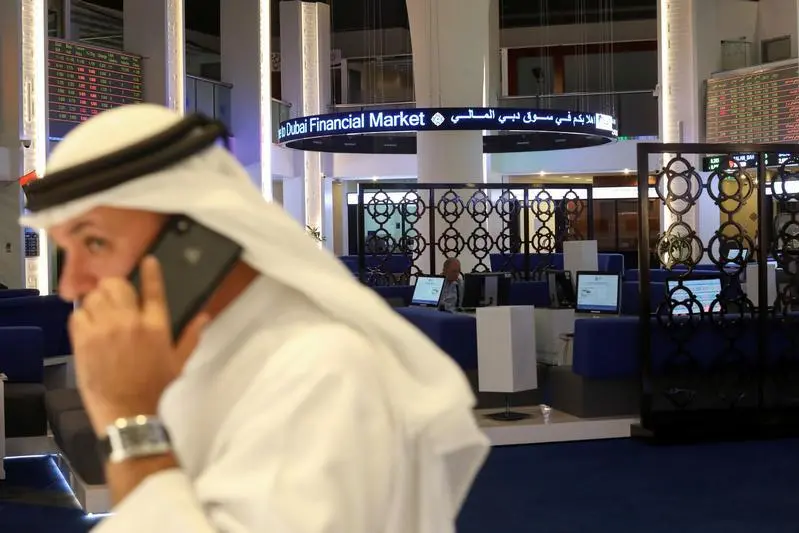PHOTO
MENA equities should provide good investment opportunities as key merger and consolidation activities have increased the potential size of the market and more consistent returns seem possible going forward, an investment outlook by First Abu Dhabi Bank on Sunday noted.
“Risk-adjusted returns are likely to be more consistent following a correction in the second and third quarter of 2019, given that valuations in some markets in the region are now closer to historically low levels,” according to Global Investment Outlook 2020.
The economic backdrop is also improving with Saudi Arabia and the UAE increasing government spending. Oil prices are likely to remain stable, and the geopolitical backdrop is improving, with signs that strains among some of the countries in the Gulf are easing.
“Henceforward the pricing of MENA equity securities should revert to fundamentals, rather than being driven principally by index tracking-related passive inflows, which are now abating. This is an improved environment for stock picking, as investors will be able to operate in more normal markets.”
Notably, the S&P Pan Arab Composite LargeMidCap index was trading at 14.8 times expected 2020 earnings on 17 December, and 13.5 times for 2021, with the latter based on 8.6 percent earnings growth. Over the past decade, the MENA markets have seen their peak valuation at 20 times expected earnings, so there is room for further gains.
Plus, this year earnings growth should also support a potential total return of between 8-12 percent, the outlook noted.
FAB Investment Management has a constructive view on Saudi Arabia, the largest market in the region in terms of market capitalisation, with selected overweight positions based on earnings-per-share growth, earnings quality and financial strength. The kingdom is estimated to see earnings growth of 14.1 percent.
For UAE, which is estimated to see earnings growth of 5.7 percent, the FAB Investment Management has a two-track strategy.
“The first focuses on sustainable dividend opportunities (5-7 percent yields), where payouts can improve or be maintained. The second element is to own the stock of companies which have enough financial flexibility to weather economic weakness and are trading at attractive valuations while also having potential upside through positive foreign ownership adjustments or corporate actions.”
In Egypt, which is estimated to see earnings growth of 19.3 percent, lower interest rates are expected to drive domestic economic growth this year, particularly for some sectors such as real estate, which still offers huge growth potential.
In terms of sectors, FAB Investment Management favours the banking sector in Saudi Arabia, where mortgages should drive retail credit growth and megaprojects should boost corporate credit.
In the UAE, low valuations, consolidation plays, good dividend yields, and signs of stabilisation in the real estate sector should provide macro catalysts for some names which have lagged in recent years, it said.
In the petrochemical space, focus is on Aramco as it builds up the downstream segment either through in-house expansion or acquisitions. Valuations for the industry are slightly extended, which suggests a limited upside.
In the MENA region, the telecoms sector is witnessing stagnant growth, as mobile penetration is high and, perhaps, near saturation. Companies in the region are yet to start spending to build 5G infrastructure and are likely to delay those capital expenditures until after 2020. “This implies stable dividend distribution in the year ahead but also puts a cap on the expected growth for these companies.”
(Writing by Brinda Darasha, editing by Seban Scaria)
Disclaimer: This article is provided for informational purposes only. The content does not provide tax, legal or investment advice or opinion regarding the suitability, value or profitability of any particular security, portfolio or investment strategy. Read our full disclaimer policy here.
© ZAWYA 2020





















